As per the reports by the Star, President William Ruto’s return to high-profile church donations has reignited public criticism and stirred political debate. In recent weeks, the Head of State has resumed giving large sums of money to churches in different parts of the country.
This move is reminding many Kenyans of what happened in 2023 and 2024, when similar donations led to mass protests, mostly driven by angry youth who were demanding transparency and accountability.
At that time, the pressure from the public forced many political leaders to go quiet on public fundraising events, also known as harambees.
Now, the same trend seems to be coming back, and it is not sitting well with many citizens. Critics believe that the return of these huge cash donations is an insult to all the efforts made to promote openness and responsibility in how leaders use money.
While President Ruto has defended his actions, saying that his donations are acts of faith and charity aimed at helping churches and communities, the big question still lingers where is all this money coming from?
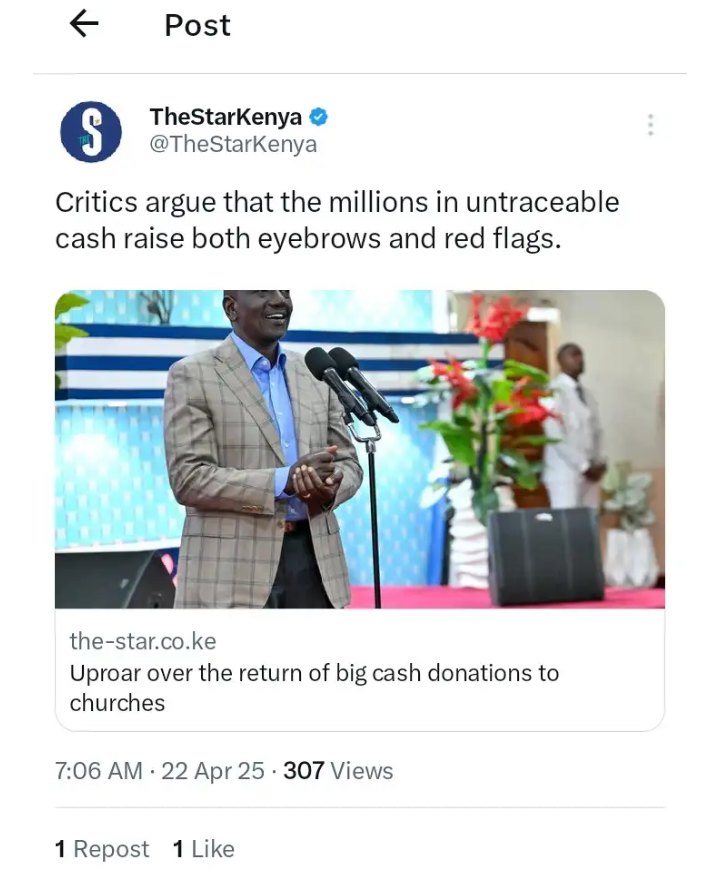
Kenyans on social media have raised valid concerns. They wonder how leaders are able to pull out millions in cash donations, yet the same government is struggling with unpaid salaries, pending bills, and heavy debts.
This contrast has led to renewed calls from civil society groups for full disclosure of the sources of these donations. They argue that unless there is transparency, it will be hard to trust that the funds are clean and genuinely meant for helping the public.
Anti-corruption agencies have also issued warnings, saying that this kind of unchecked political giving could become an easy way to launder money obtained through illegal means.
According to them, without proper controls and laws around political donations, it is possible for leaders to hide dirty money behind what looks like generosity. And although there is no law that stops politicians from donating to churches, the size of the amounts being handed out is raising serious eyebrows.
Critics are quick to point out that public servants are not supposed to be this rich, especially at a time when the economy is under pressure.Churches themselves have been asked to be more careful and demand receipts or banking slips instead of accepting large cash amounts.
Faith-based organizations are being urged to ask where the money is coming from before taking it in. However, not all religious leaders agree with this.
Some have supported the donations, saying the funds help them finish projects that have been stuck for years and allow them to assist more people in need.But for many young Kenyans, these explanations are not convincing.
To them, the return of “money at the pulpit” shows that nothing has changed. They believe that leaders are simply repeating old habits and using the church to gain political mileage. Opposition leaders have also spoken out, accusing the government of hiding behind the church to avoid serious questions about corruption and misuse of funds. They warn that this could easily lead to more frustration and public anger.
Kenyans continue to watch closely. The mix of money, politics, and religion is once again in the spotlight, and the debate is far from over. Many are now asking whether this generosity is really about helping people or just another form of political theatre.






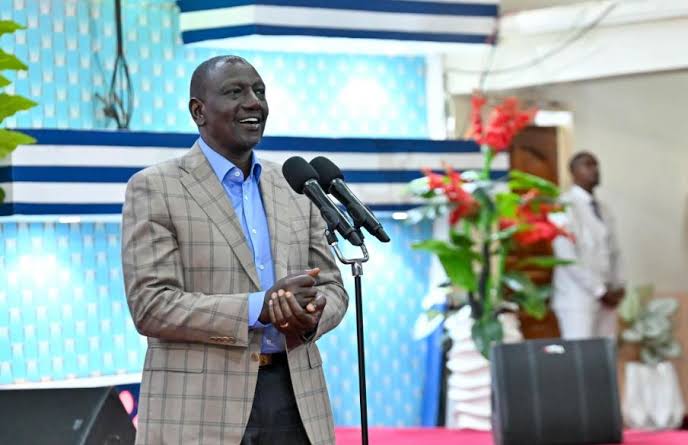

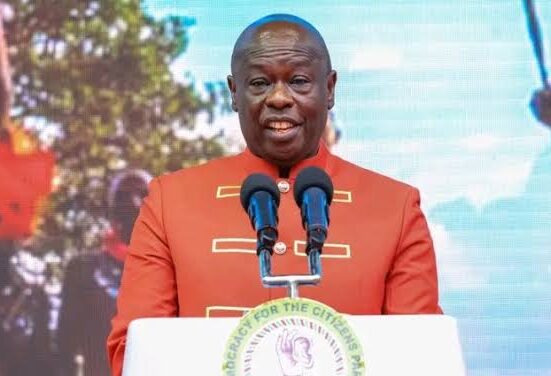
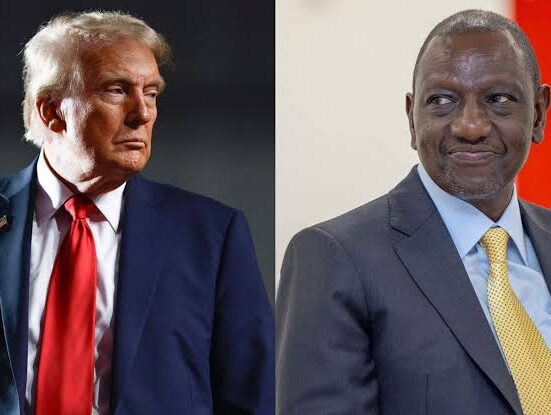
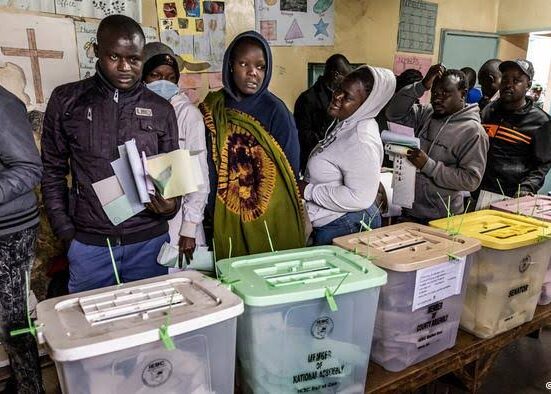

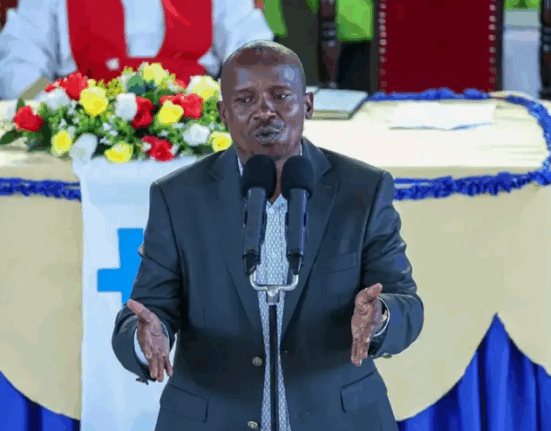
Leave feedback about this